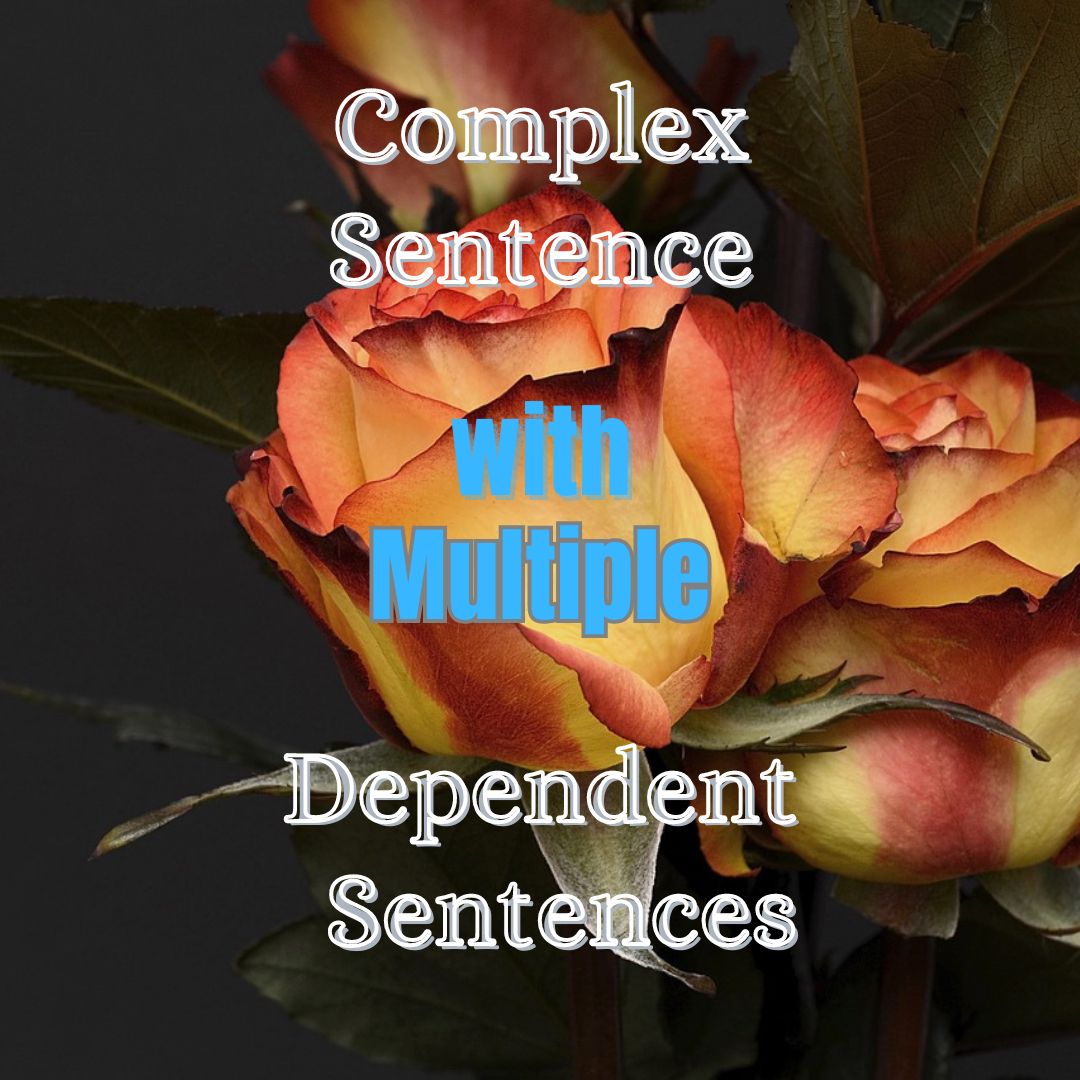Complex Sentence With Multiple Dependent Sentences

Complex Sentence with multiple Subordinate clauses
Complex sentences with two or more subordinate clauses involve a main clause accompanied by two or more dependent clauses.
These clauses can serve various purposes within the sentence structure.
One common type is when the subordinate clauses define different parts of the main clause and answer to the same question.
The scientist explained (object) that the experiment was successful, (object) that the data supported the hypothesis, and (object) that the conclusions were robust.
She mentioned (object) that she had completed the project, (object) that she was eager to start the next one, and (object)that she would need additional resources.
The type of complex sentence involves subordinate clauses that define different parts of the main clause and answer different questions.
Before the meeting began, (time) she double-checked her notes (reason) so that she wanted to ensure accuracy.
After finishing his work, (time) he decided to take a break (result) so she went for a walk.
The third type is when the subordinate clauses may refer to different parts of the main clause and answer to different questions.
As the sun was setting, (reason) she finished her evening walk along the beach (place) where she collected seashells.
When she was studying for her exams, (time) she spent hours searching for her notes (reason) because she realized she had misplaced them.
The final type of complex sentence involves a subordinate clause that refers to both the main clause and another subordinate clause simultaneously.
She promised (object) that she would buy groceries (time) while she was out running errands.
They agreed (object) that they would go for dinner (time) after they had finished watching the movie.
Complex Sentence With Multiple Dependent Sentences
Types of Conditional Sentences
The Degrees of Comparison of Adverbs
The Case of the Noun: the Common and the Possessive Case of the Noun